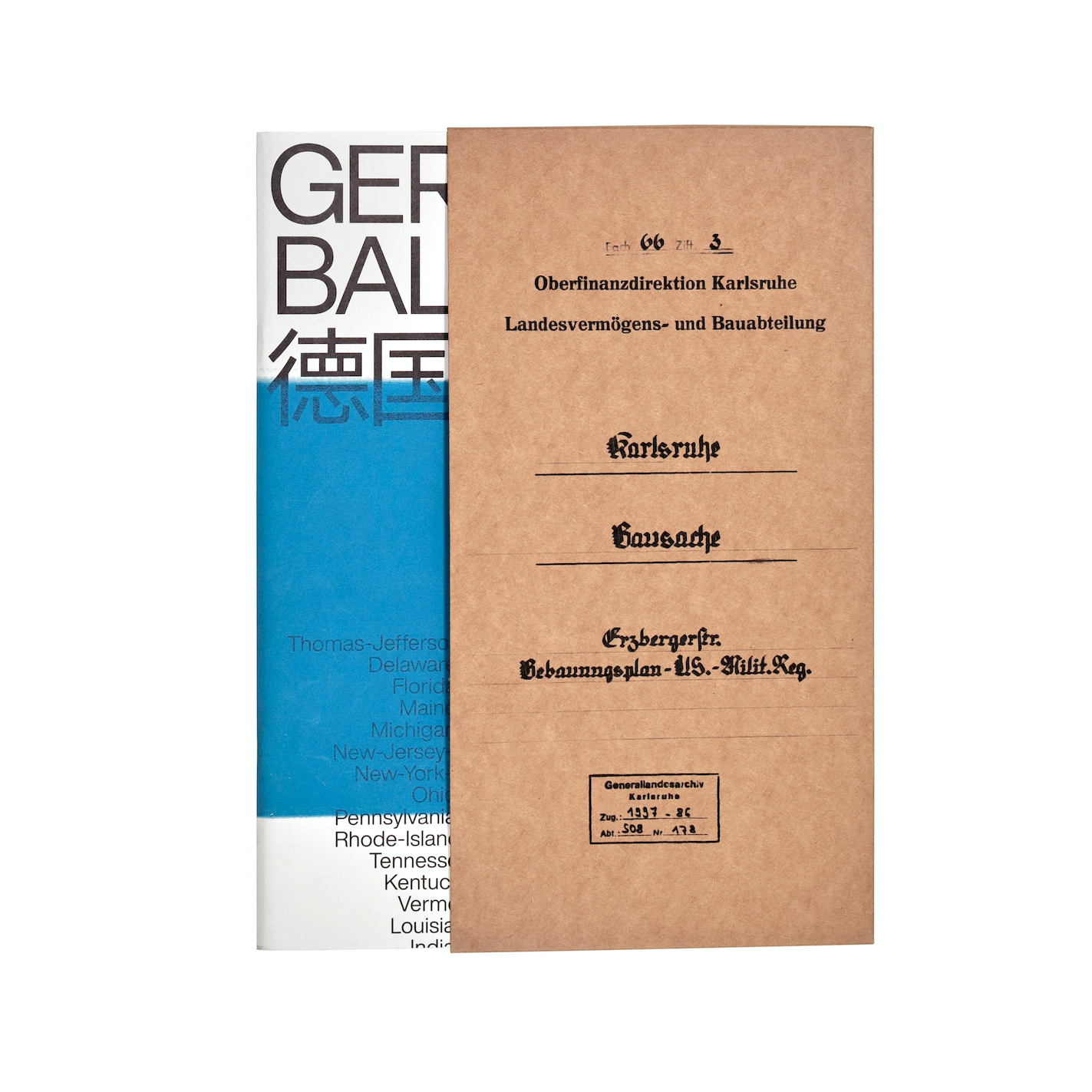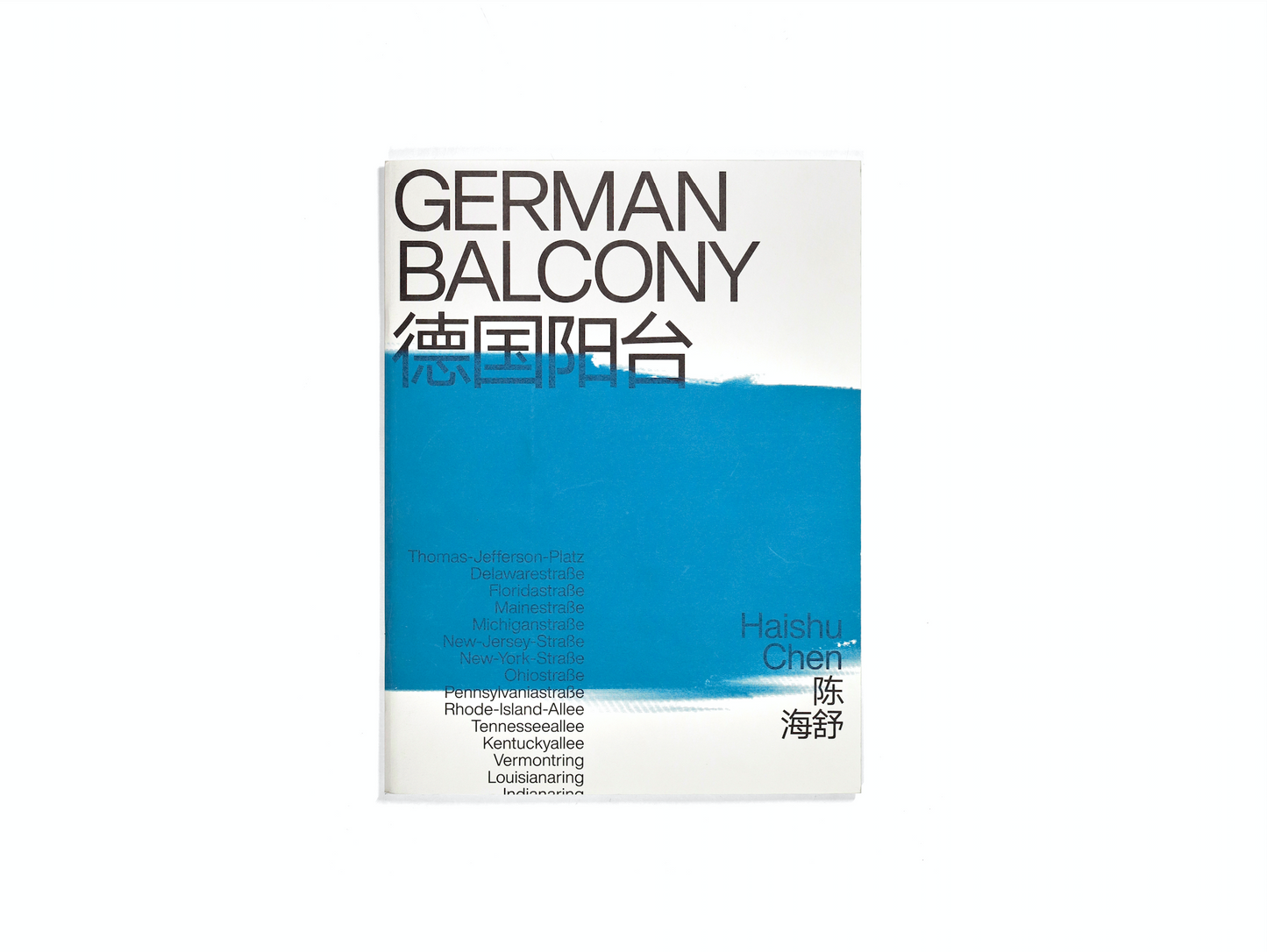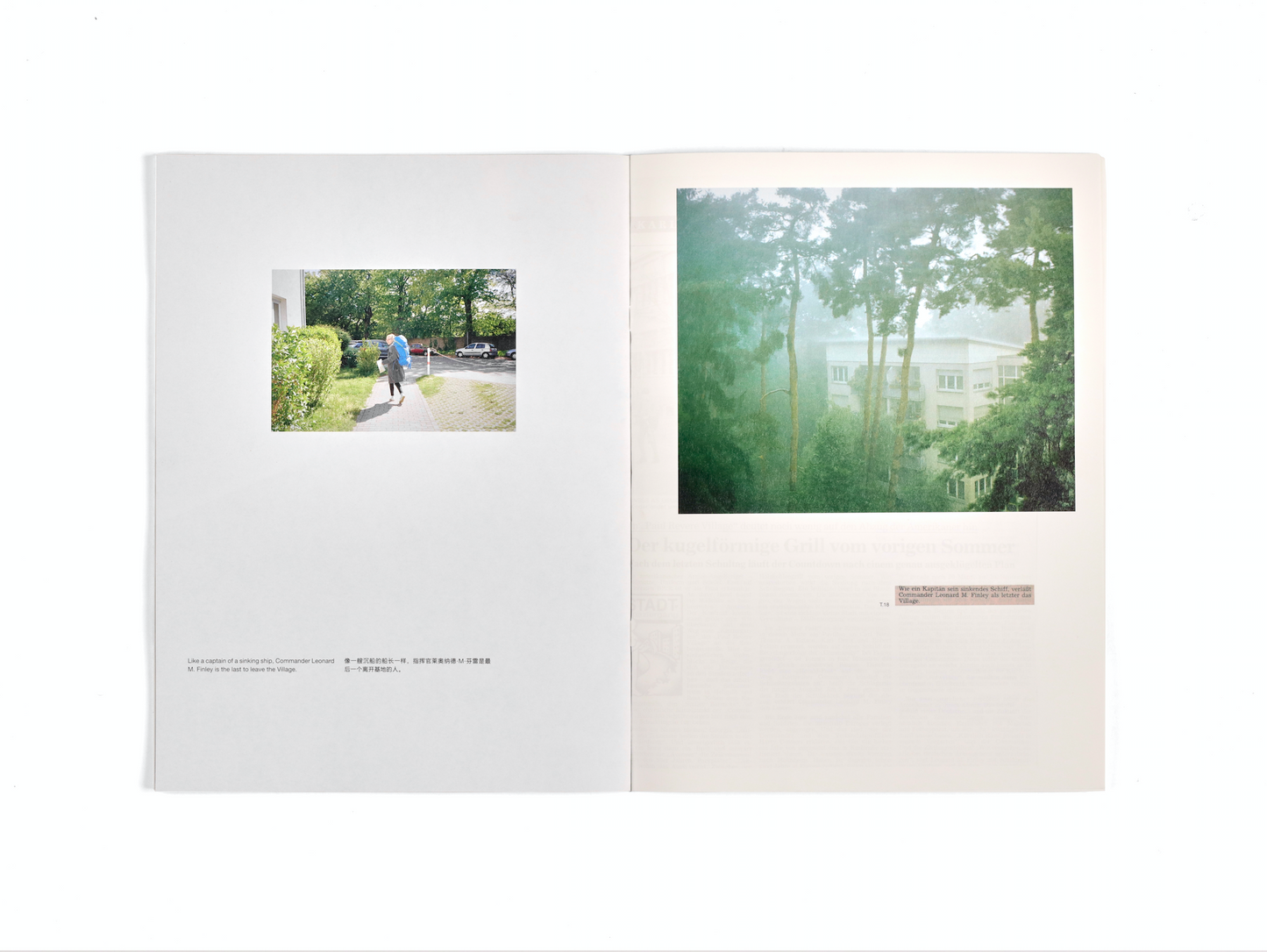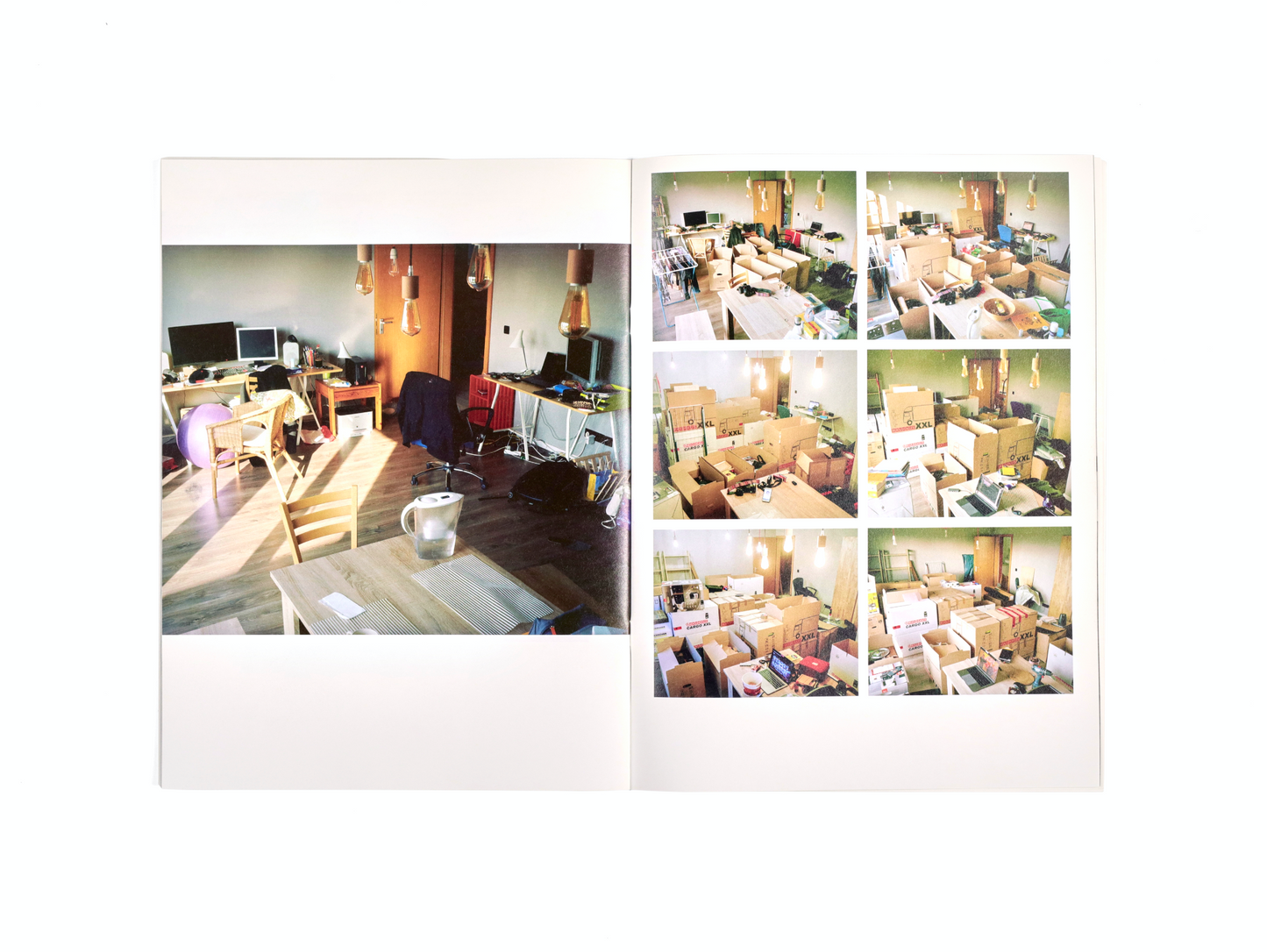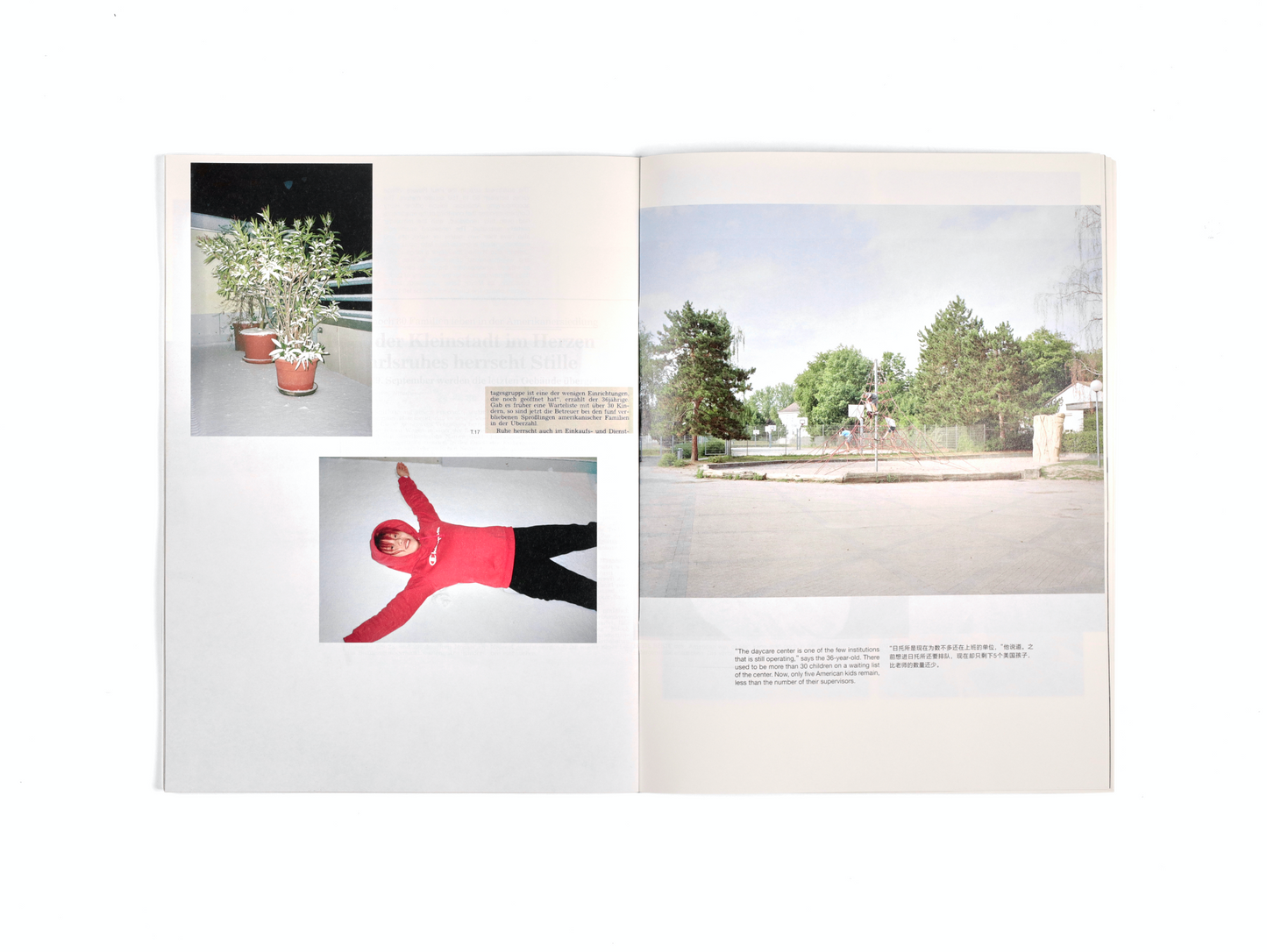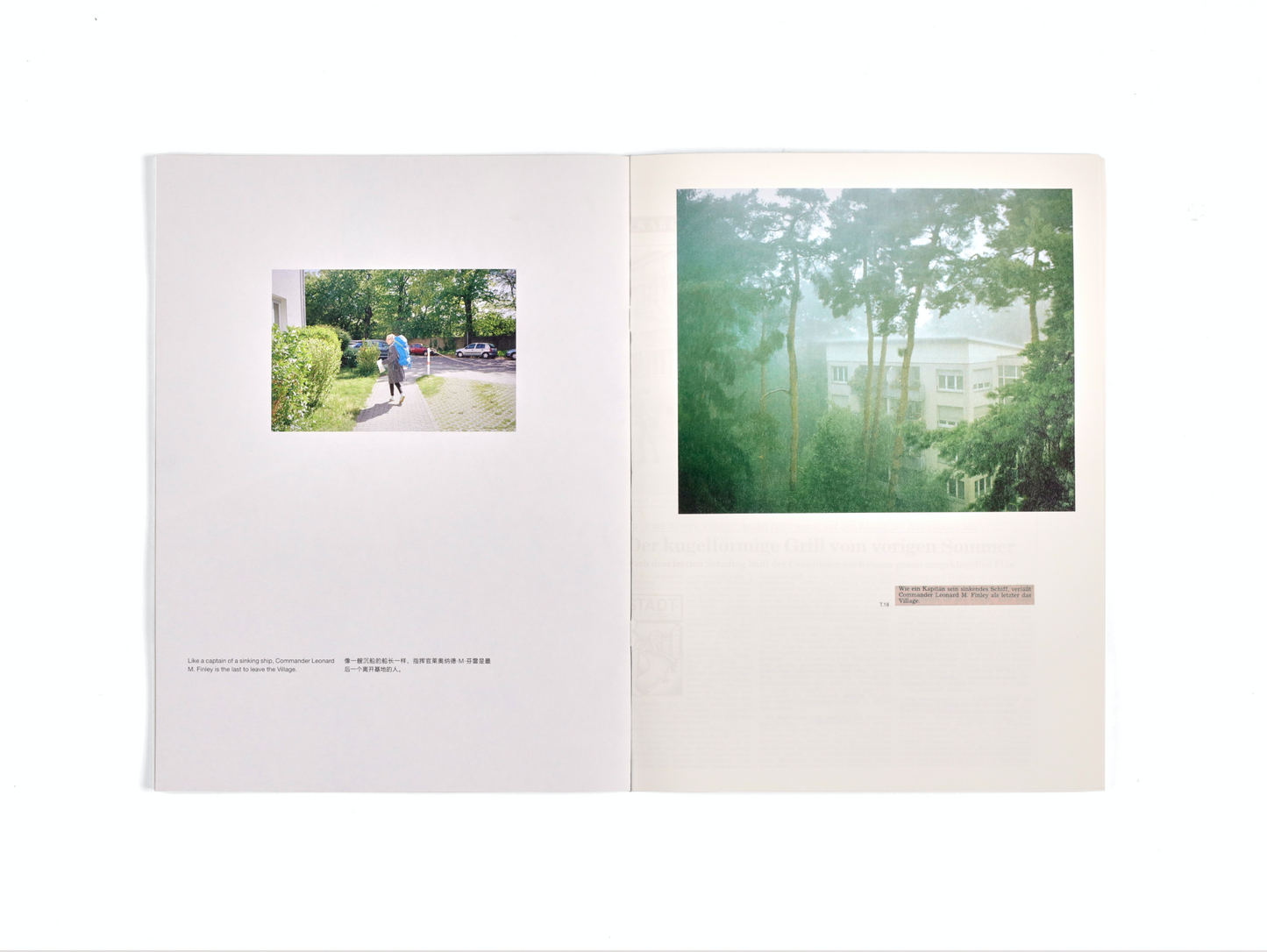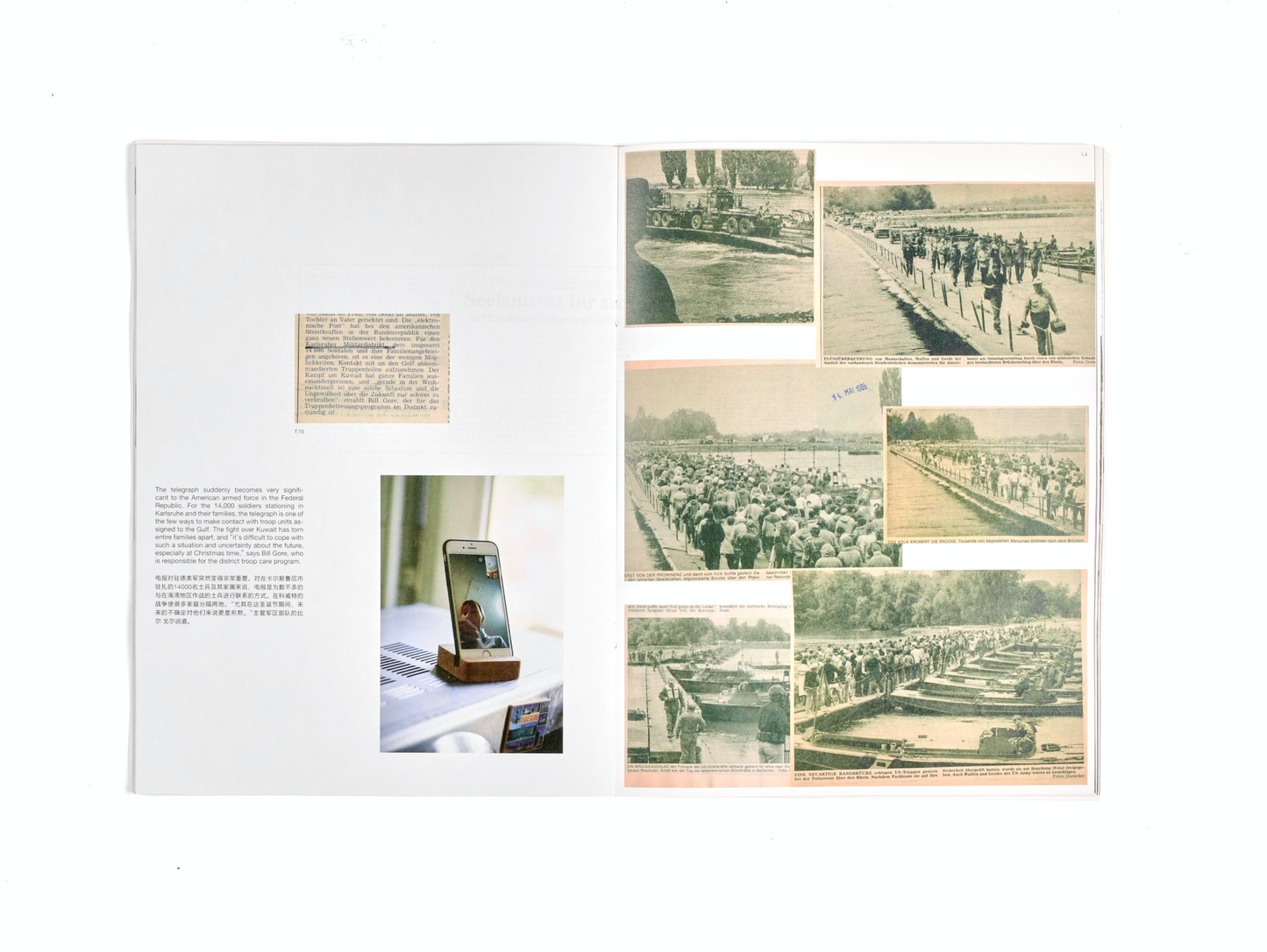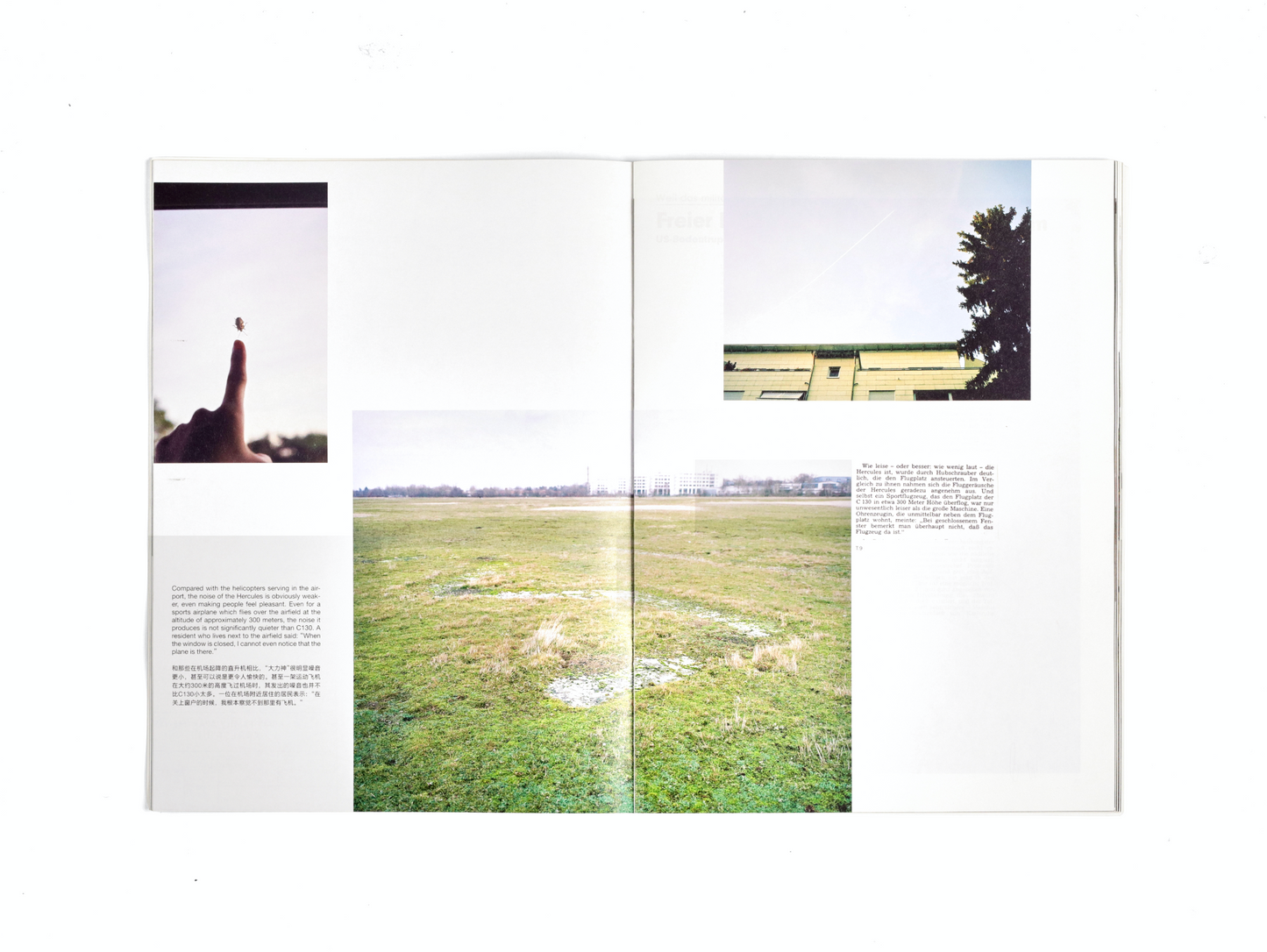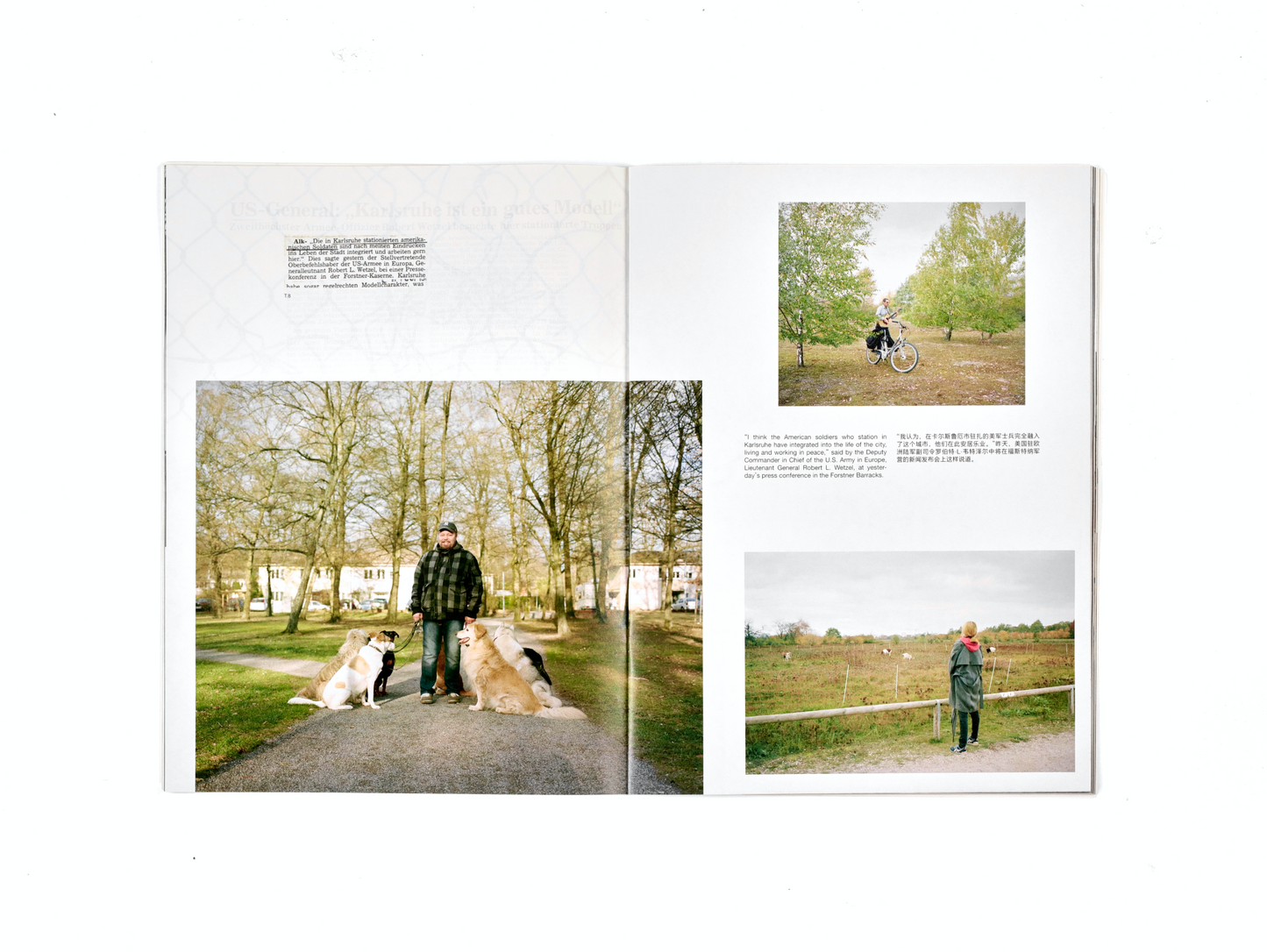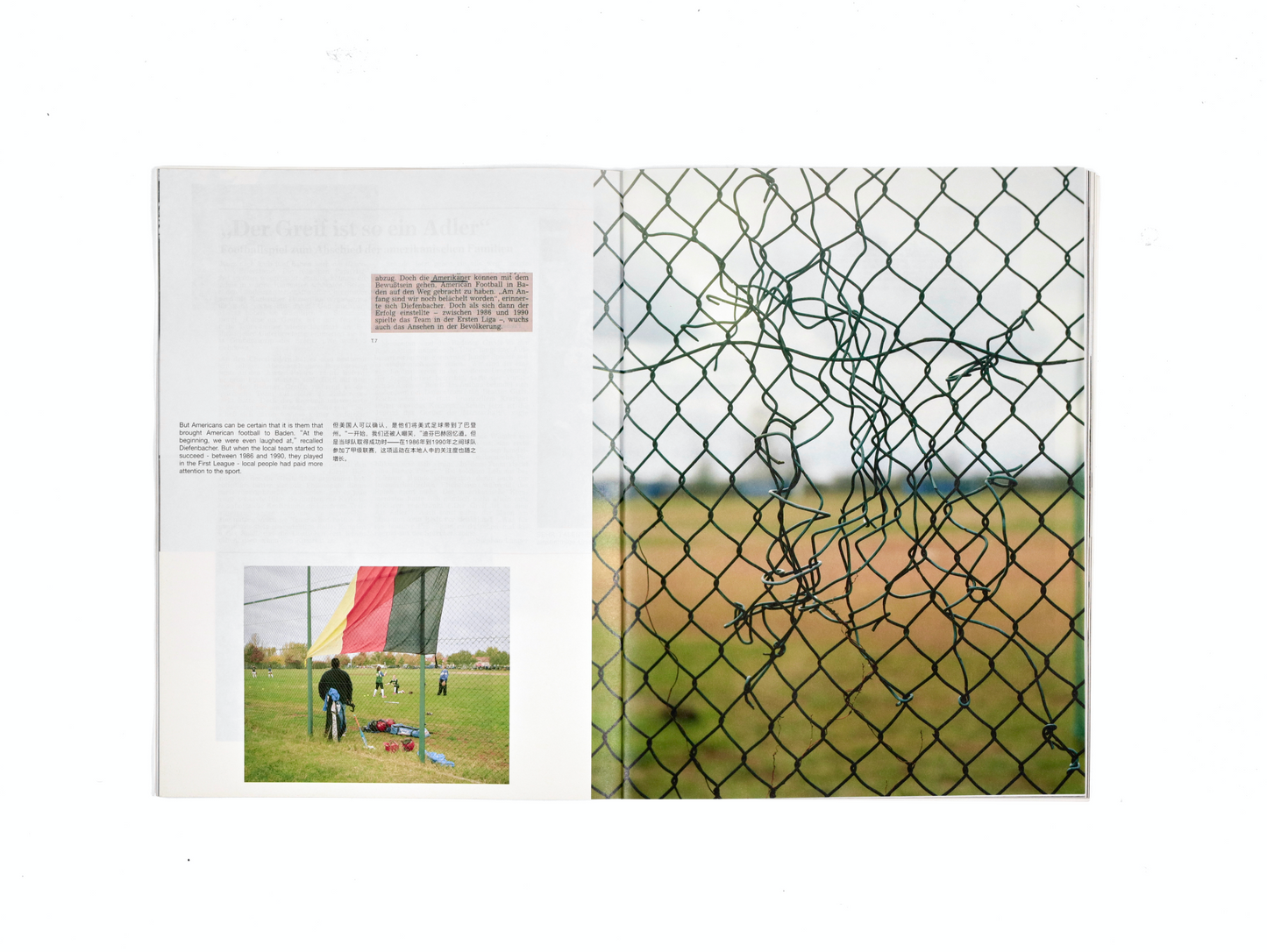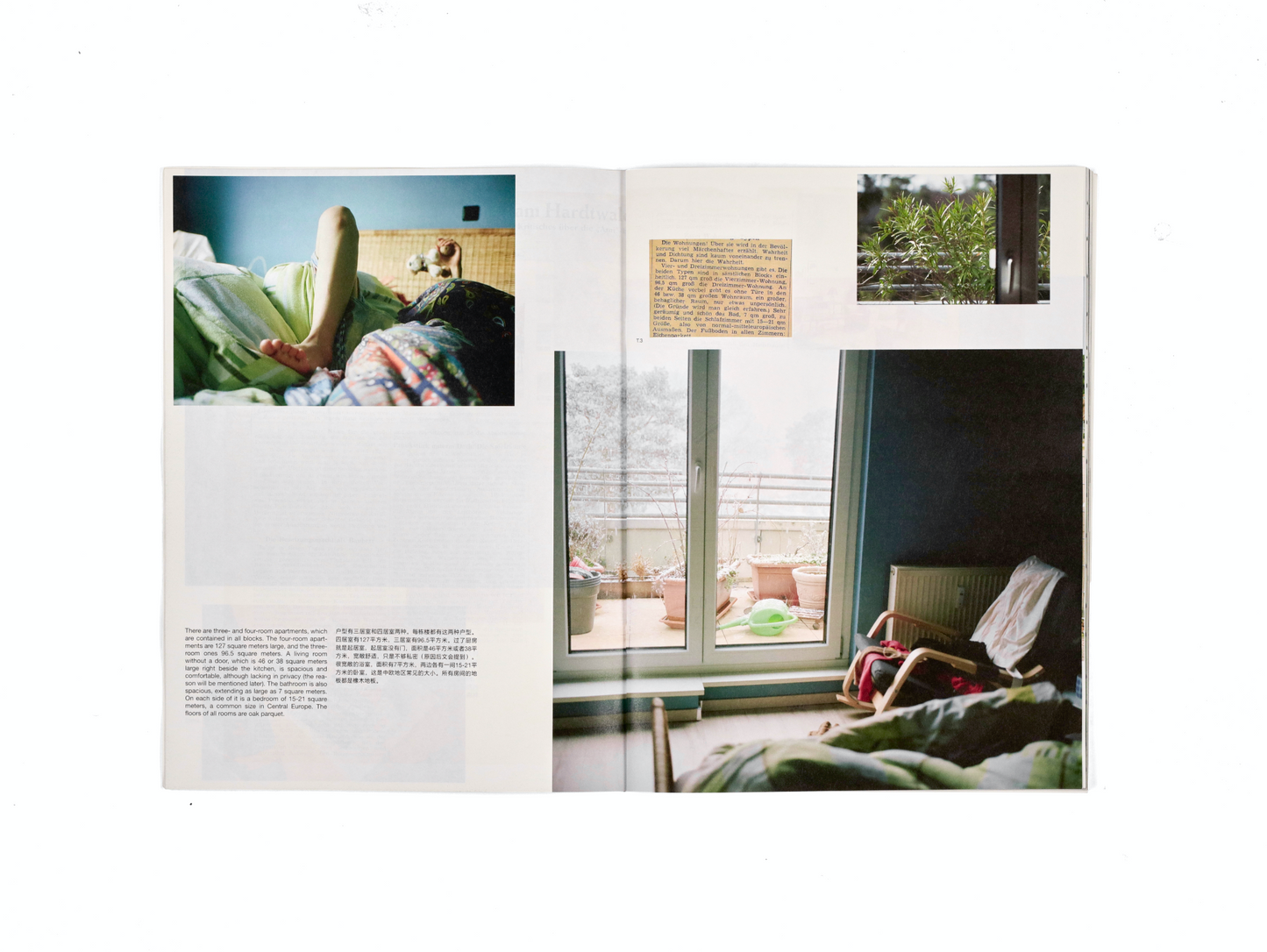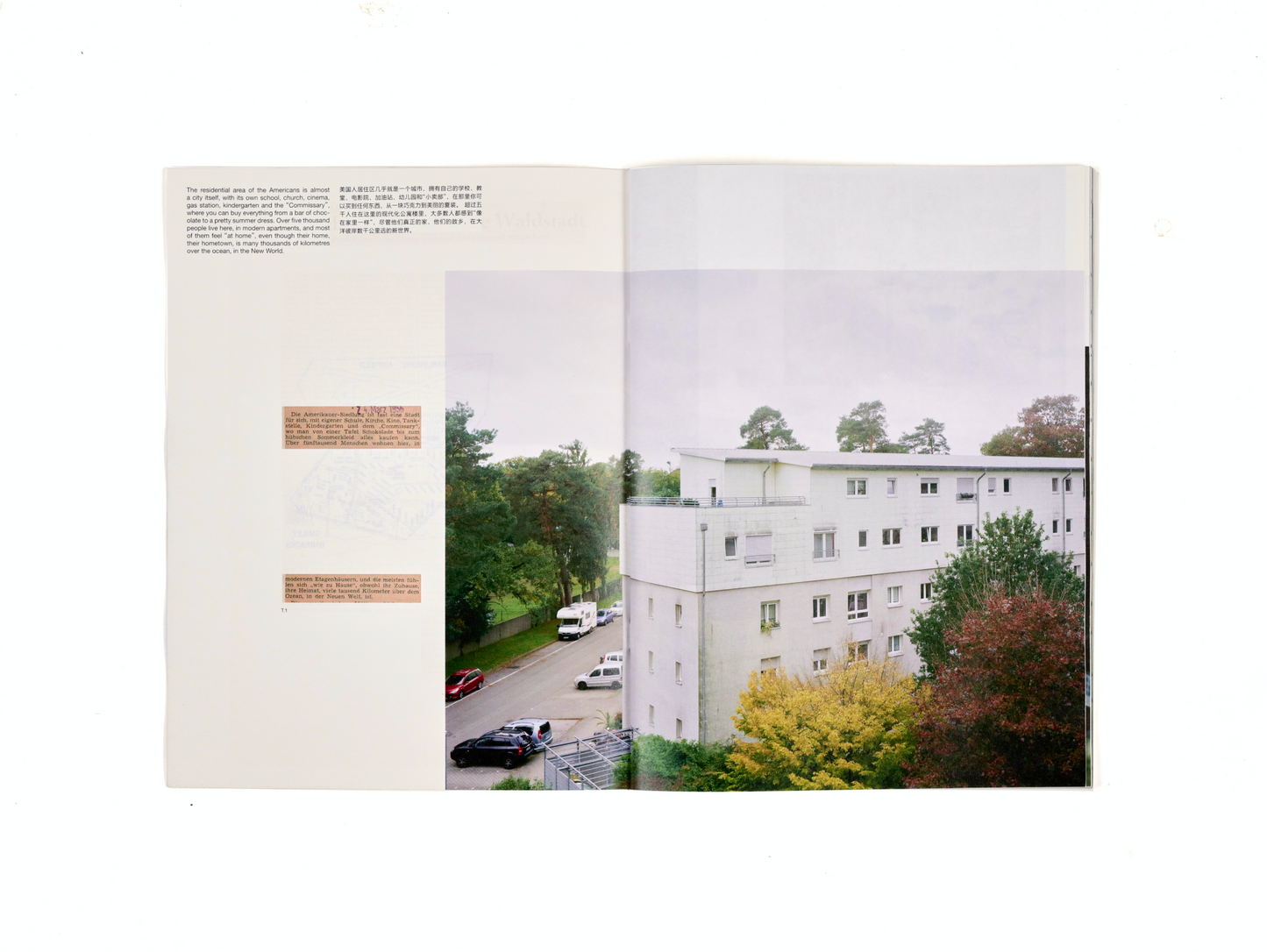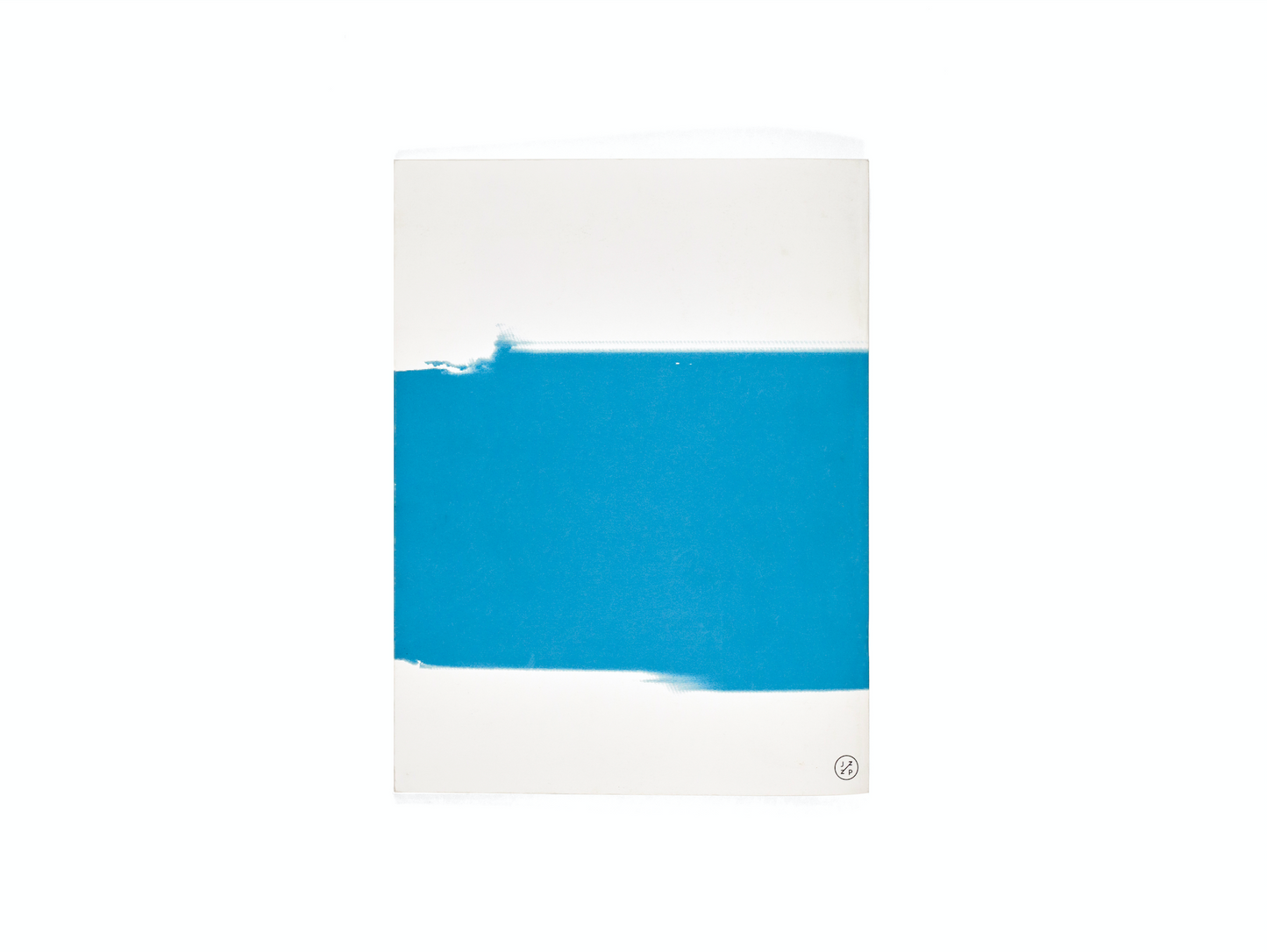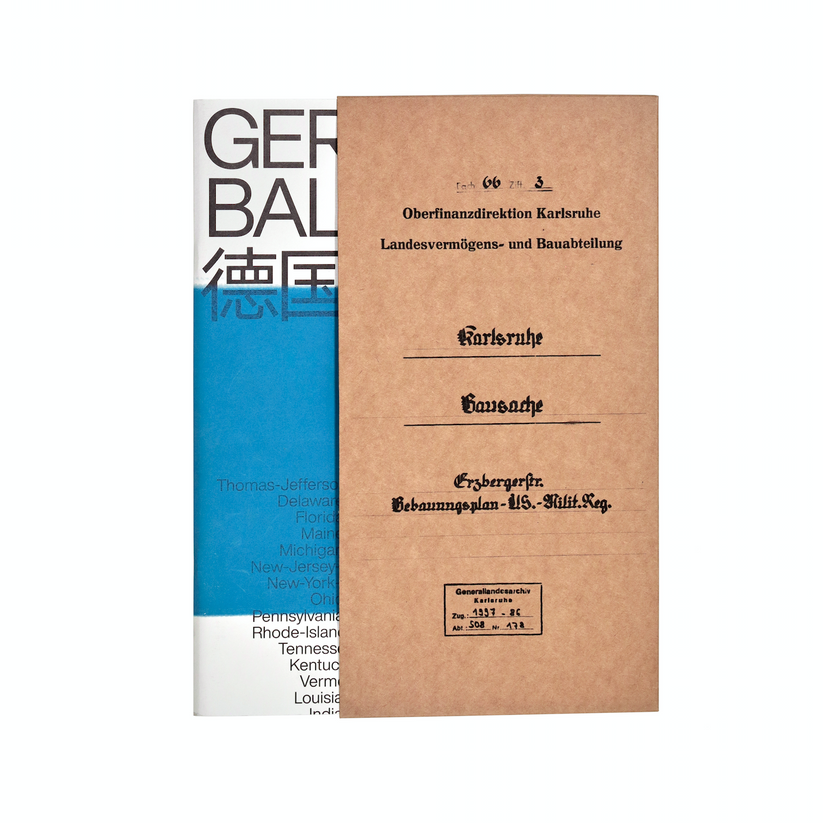
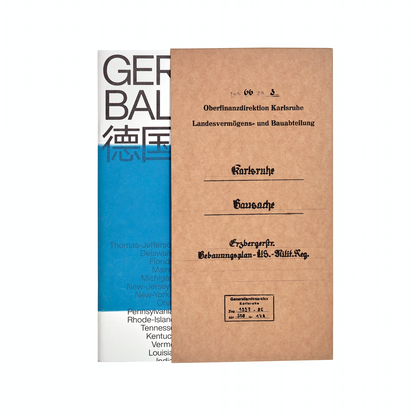
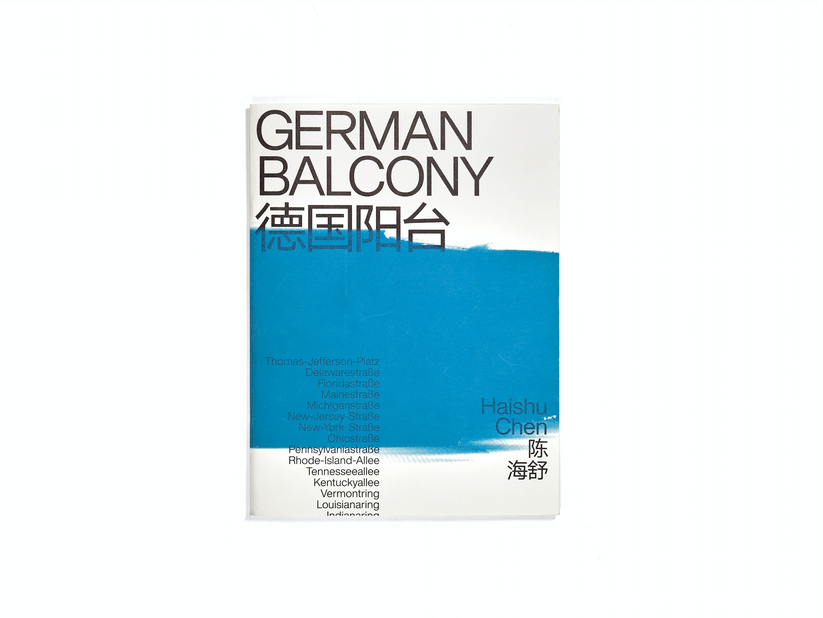
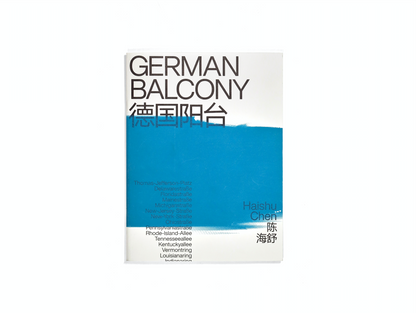
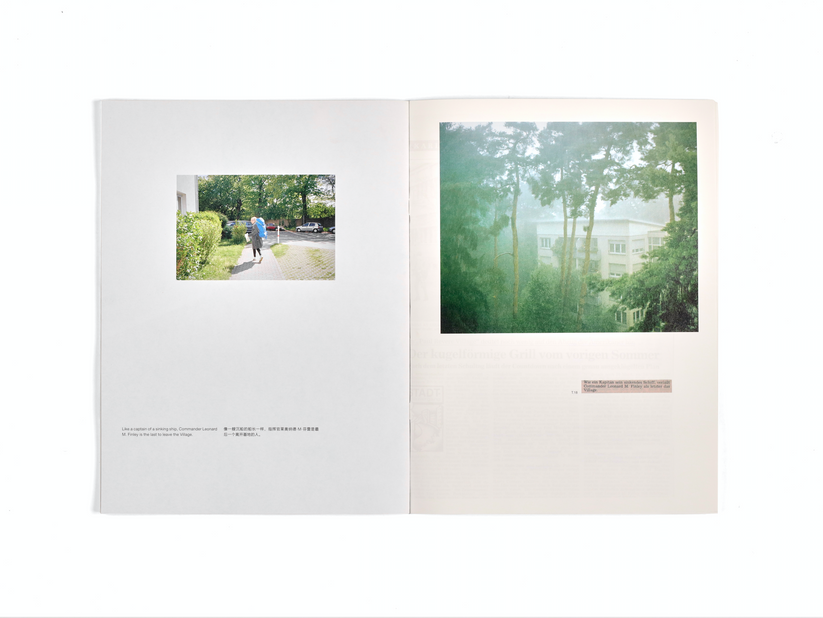
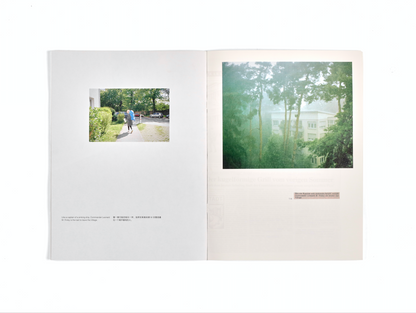
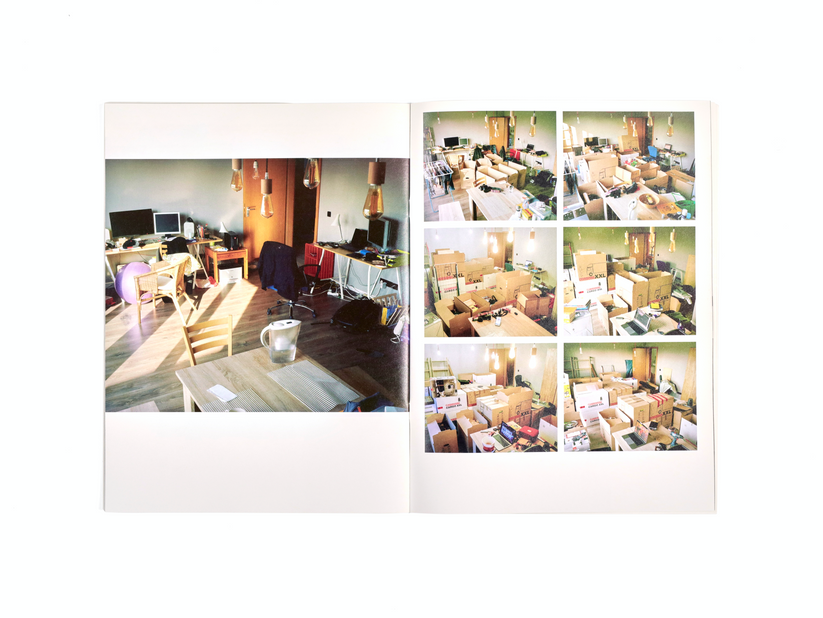
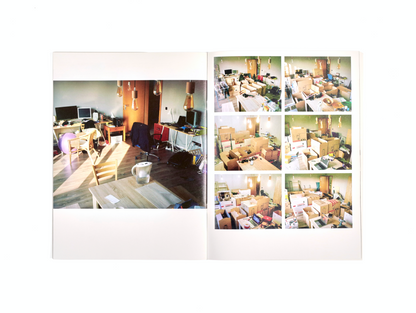
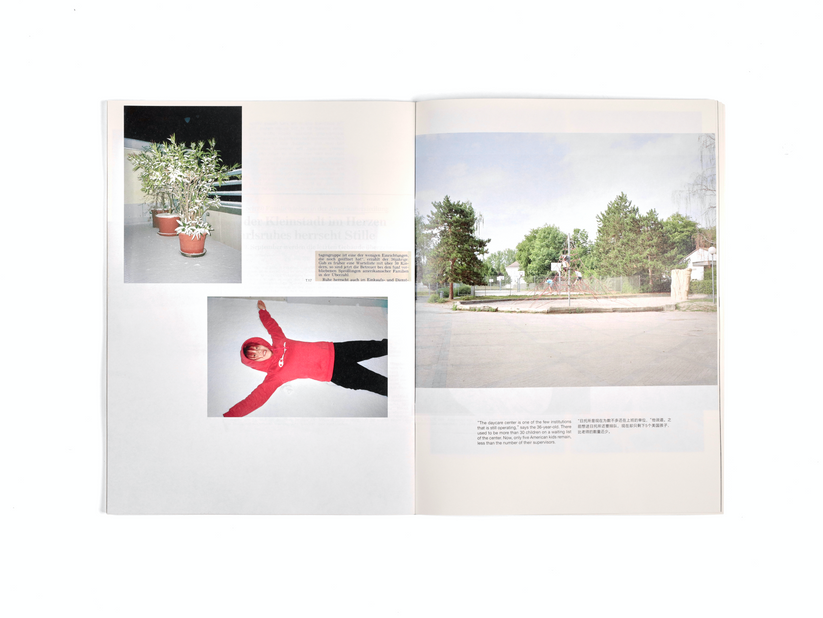
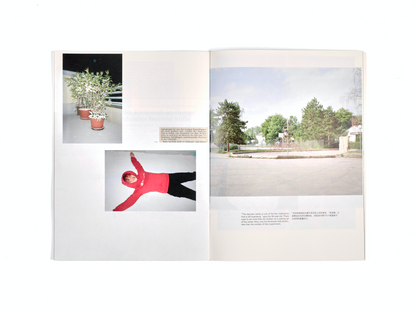
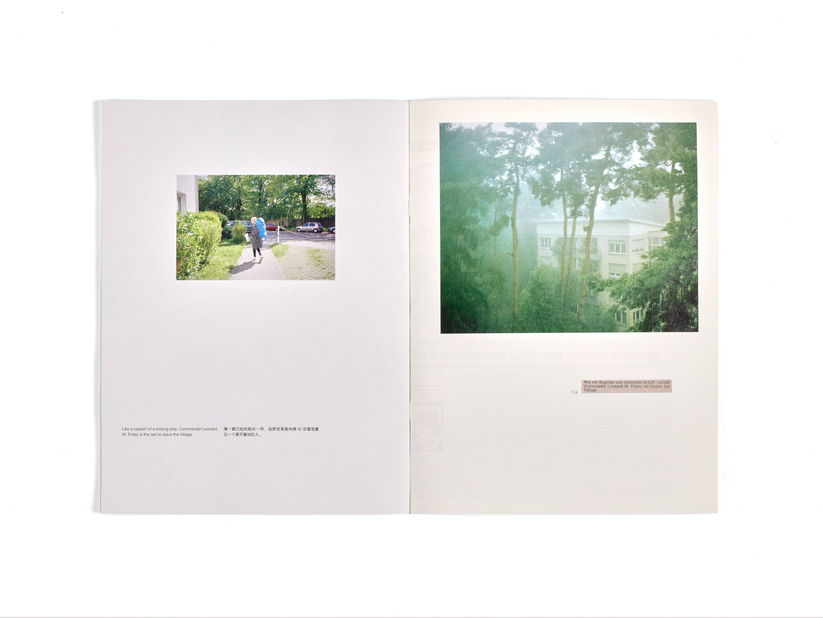
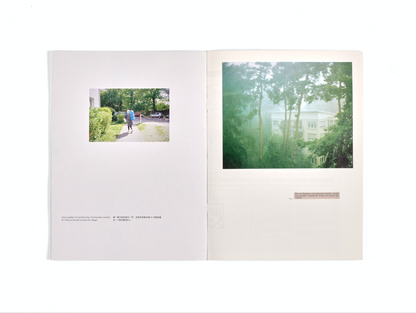
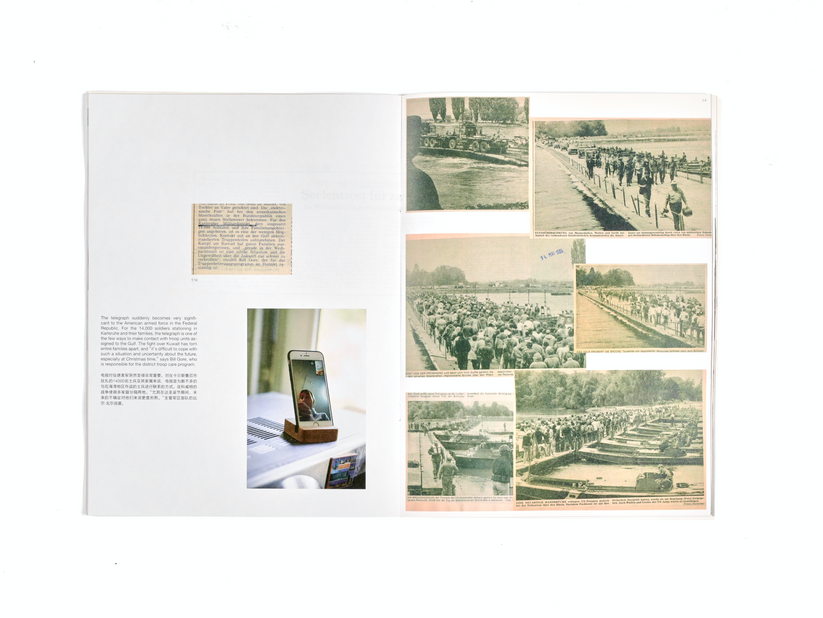
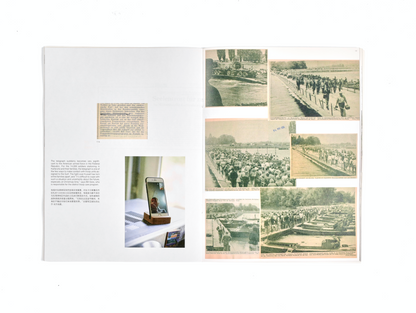
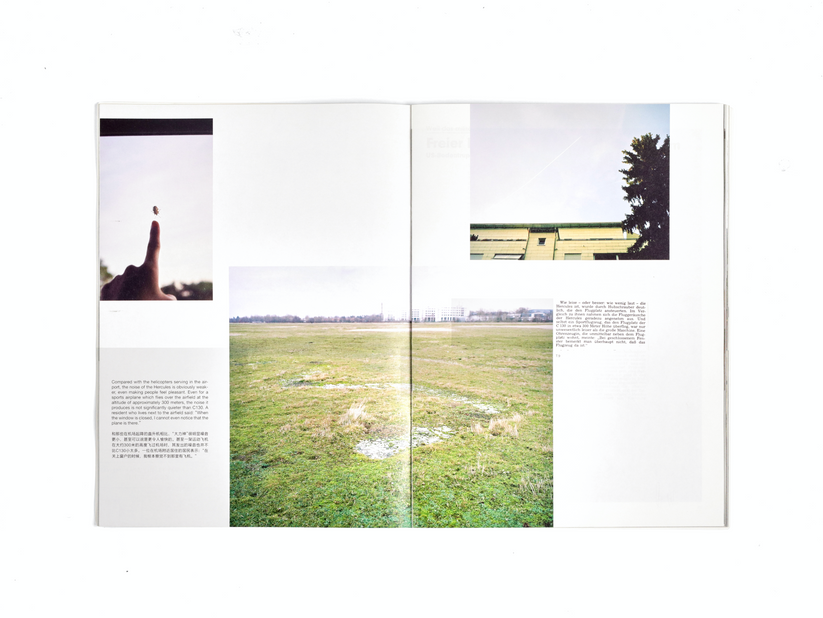
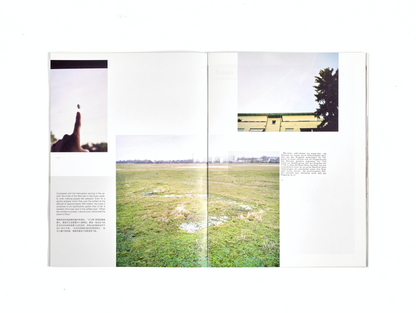
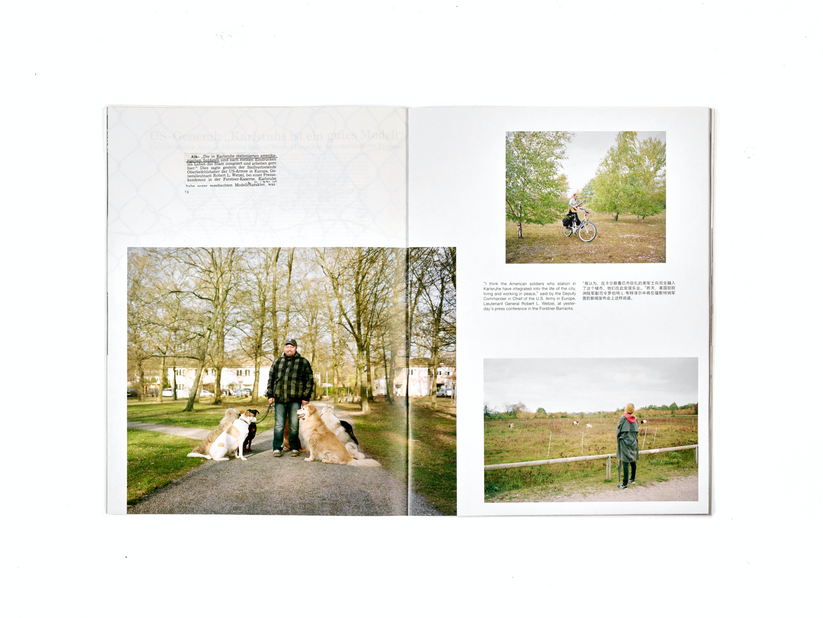
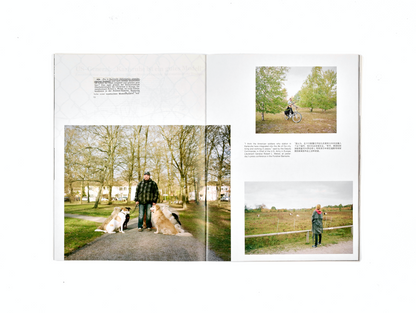
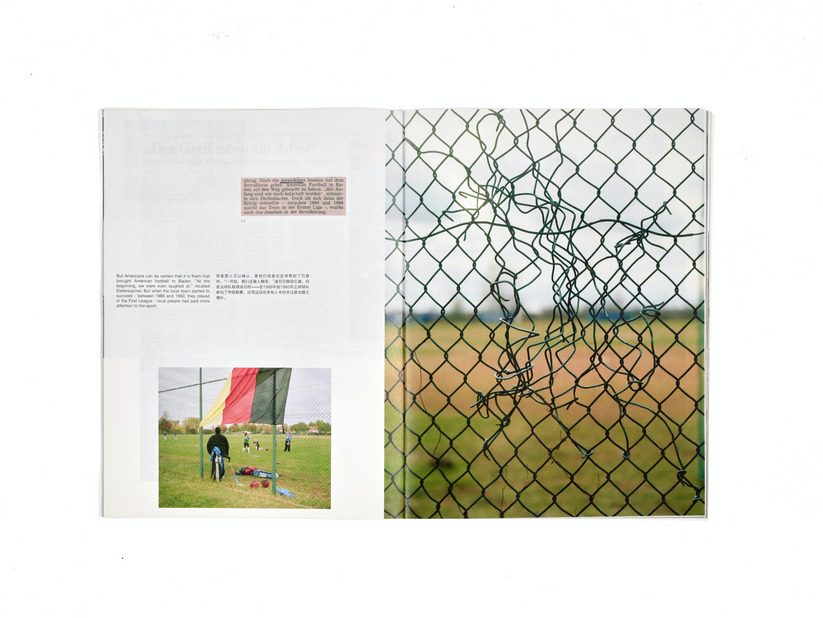
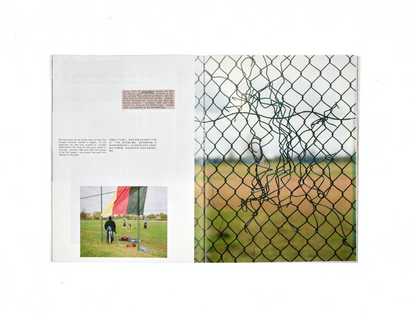
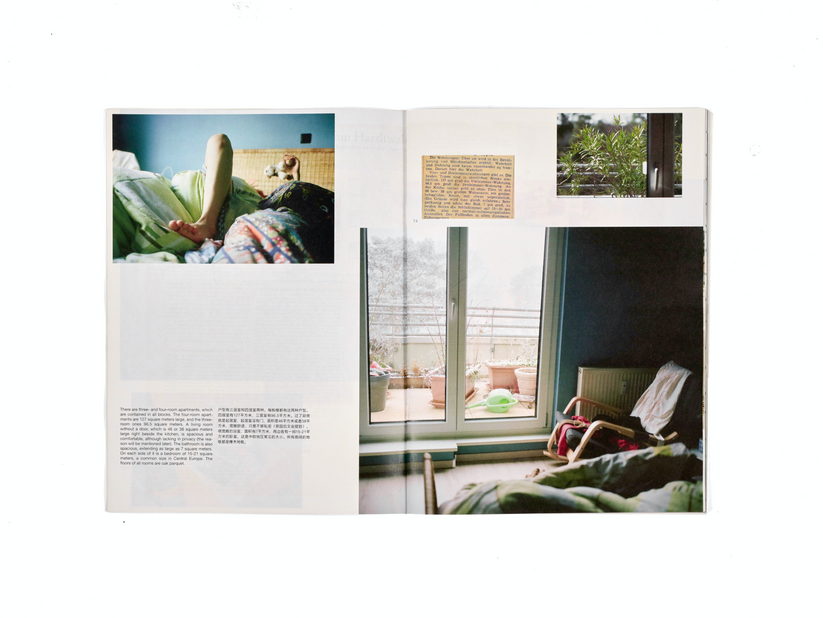
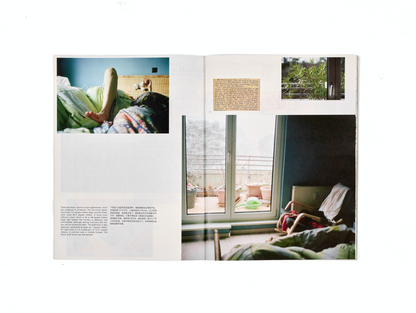
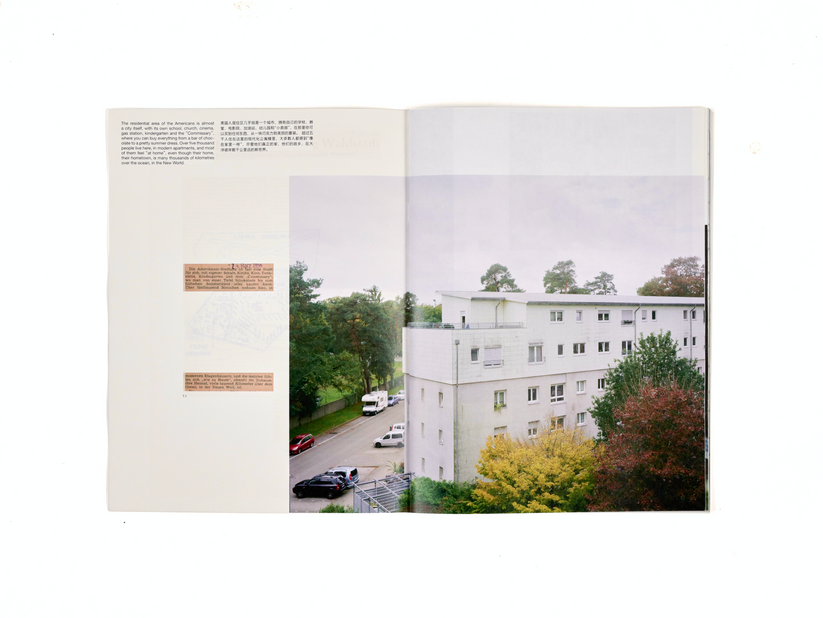
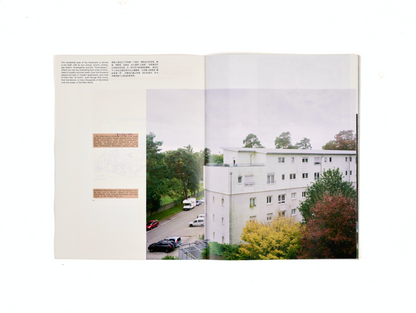
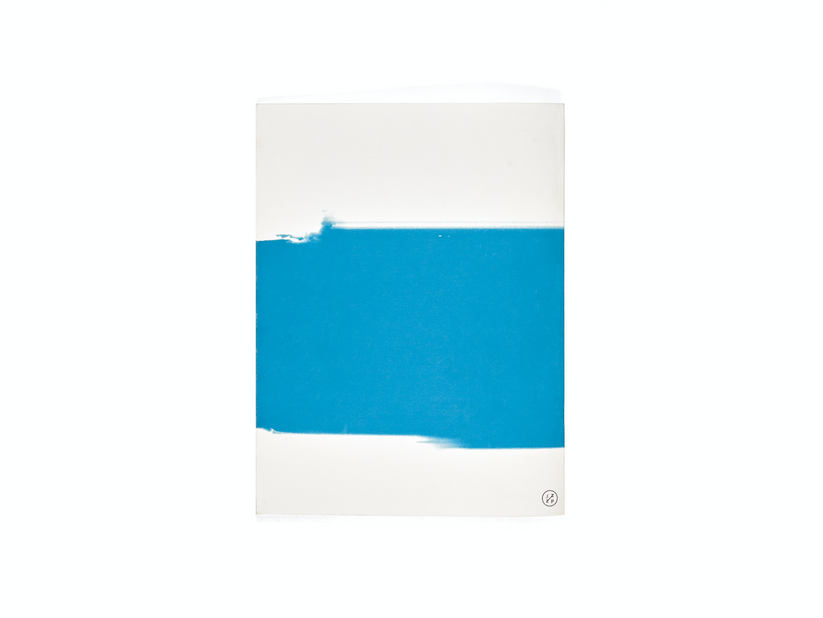
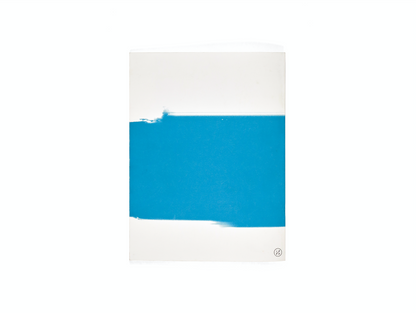
Chen Haishu╱German Balcony
Jiazazhi
In the summer of 2017, Chen Haishu and his wife moved to Nordstadt District of Karlsruhe, Germany. The building they live, along with the 50 surrounding buildings with almost the same appearance, belonged to Paul Revere Village, the new military base of the U.S. Army in Karlsruhe after the Second World War. Like other U.S. military bases in Germany, Paul Revere Village is well-equipped and self-contained, like a “small American”. The American troops stationed here had influenced the local German society in different aspects. The changes in the international situation also affected the relationship between the U.S. military in Germany and the German natives. After the end of the Cold War, the American troops withdrew from Karlsruhe and handed over the barracks, together with their supporting facilities - the military airport, schools and other infrastructure to Germany. This area was subsequently converted into a new urban district. The buildings of barracks were expanded, added with extra storeys and equipped with balconies, becoming residential buildings for civilians; the airport was set as a nature reserve. Although the U.S. military has completely withdrawn, its influence on German society for 50 years did not dissipate.
As new residents, Chen and his family experienced and practiced the functional transformation of living space and urban space through their own residence. In the project “German Balcony”, Chen documents the daily life of the area while looking for the material about the U.S. military in Karlsruhe from the local archive, and combines them together. Under different historical conditions, the coexistence of different groups and cultures faces similar or divergent difficulties. In this way, the work blurs the boundaries between the past and the present, public and private, and shows how the current daily life can be re-expanded in this historical relic to create new collective memories.
